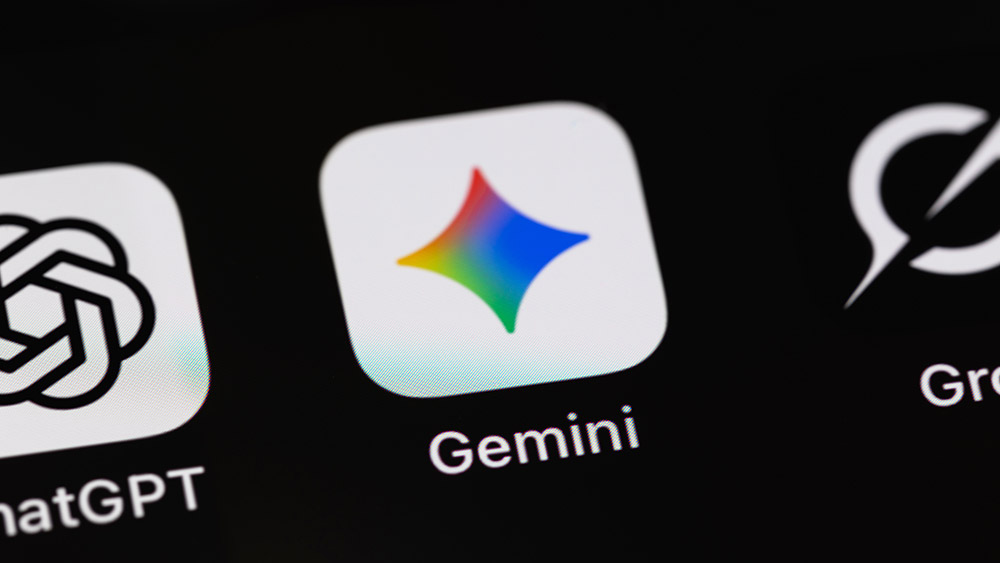Home / Technology / Starbuck Sues Google for $15M Over AI-Generated Defamation
Starbuck Sues Google for $15M Over AI-Generated Defamation
27 Oct
Summary
- Conservative activist sues Google over AI-generated false claims
- Lawsuit seeks $15 million in damages for reputational damage
- Case highlights risks of AI-powered misinformation spreading rapidly

In a landmark case, conservative activist Robby Starbuck has filed a $15 million defamation lawsuit against Google. Starbuck alleges that the tech giant's artificial intelligence (AI) tools, including Bard, Gemini, and Gemma, have been generating and spreading false news articles about him for the past two years.
According to the lawsuit, filed in Delaware Superior Court on October 22, 2025, the AI-generated content has falsely accused Starbuck of sexual assault, murder, and ties to white supremacist groups. Starbuck claims these fabricated claims, complete with fabricated URLs mimicking legitimate news sources, have severely damaged his reputation, with strangers confronting him in public based on the AI-generated lies.
Google has acknowledged the issue, attributing the falsehoods to "hallucinations," a known flaw in large language models (LLMs). However, Starbuck argues that the company ignored warnings for two years while the AI continued to spread the defamatory content.
This case highlights the growing concerns about AI's potential to weaponize misinformation. Starbuck's lawsuit follows other high-profile incidents, such as AI-generated robocalls impersonating former President Joe Biden and a fake George Carlin comedy special created without his estate's consent. Legal experts warn that without stricter safeguards, AI tools could become conduits for libel, political sabotage, and reputational destruction.
The outcome of this case could set a precedent for holding tech companies liable for AI-generated defamation, especially as reliance on chatbots for information continues to grow. As AI becomes increasingly embedded in daily life, Starbuck's lawsuit underscores the urgent need for transparency and accountability in machine-generated content.




